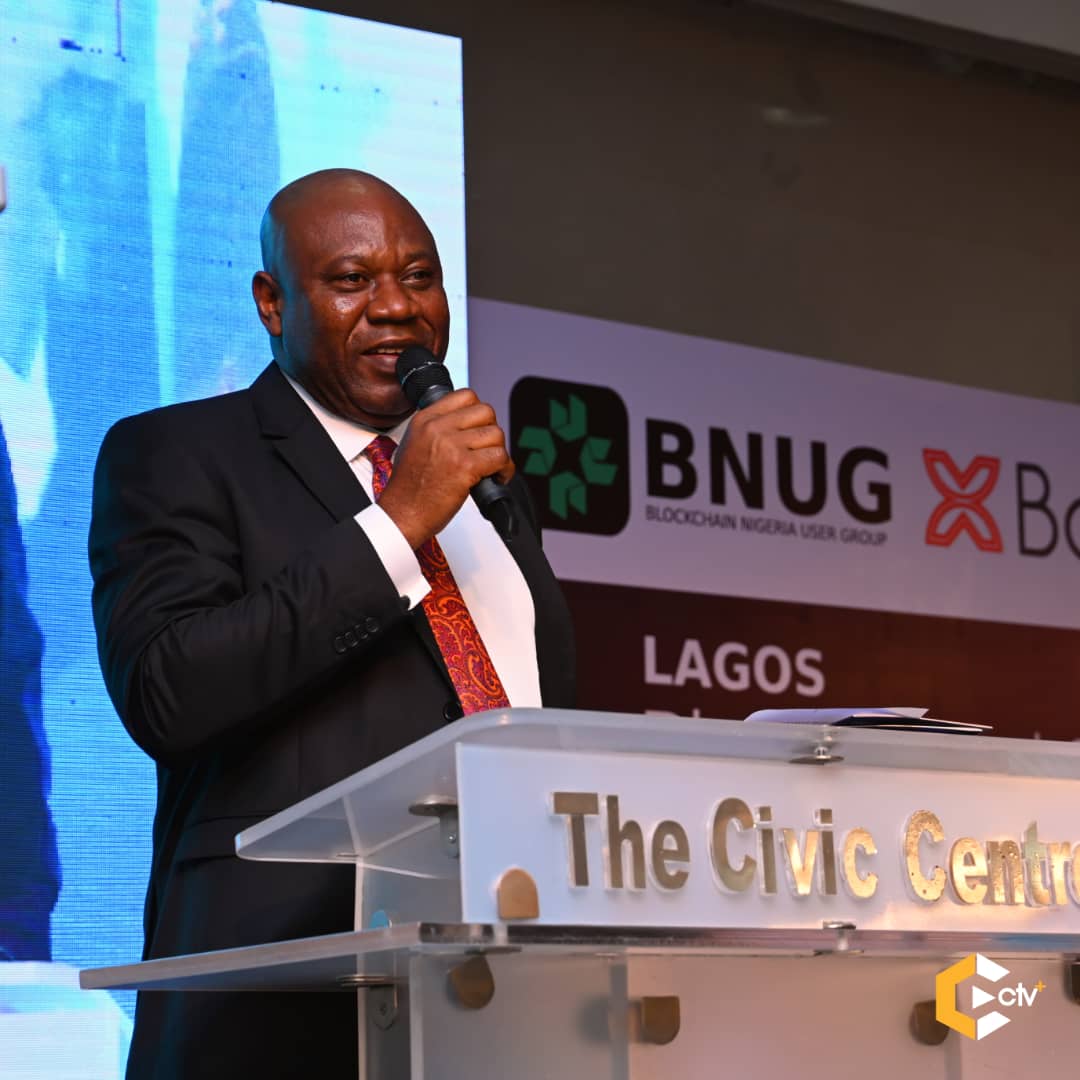Press Release
Dr. Francis Chuka Agbu SAN, Spoke on the Legal Challenges of NFTs

Shortly after the opening address by Chuta Chimezie, one of the hosts of the Blockchain conference, the chairman of the conference, Dr. Francis Chuka Agbu SAN, FCIArb (UK) came on board and spoke extensively on the history of blockchain technology. He also spoke about that of the internet and linked both to similar origins.
Before closing on his speech, Dr. Francis took time out to address the NFTs booming industry. He acknowledged that the industry has witnessed exponential growth especially this year judging from the growth of its market capitalization. The NFTs market cap was $56 million dollars as at 2018 and the industry is worth billions of dollars as of today.
The NFTs market cap was $56 million dollars as at 2018 and the industry is worth billions of dollars as of today.
However, while speaking on the legal challenges of Non-Fungible tokens, he noted that there is need for the re-evaluation of the existing legal framework to regulate blockchain. He cited some challenges of the blockchain technology related to its nature;
See also: Blockchain Was Born Out of Competition and Desire to Reduce Inefficiency Just Like the Internet” -Dr. Francis Chuka Agbu (SAN)
“…the advent of the blockchain technology and its various applications call for the re-evaluation of existing legal frameworks in several areas of law which intercepts the various uses of blockchain such as blockchain, internet of things and privacy”.
While speaking on the legal challenges of the NFTs industry, he highlighted the problem of ownership and copyright issues as regards NFTs. According to Dr. Francis, NFTs are “digital certificates or digital authenticity seals which bestow the ownership of assets which are verifiable on the blockchain”, which has made falsification impossible.
Purchase of NFTs Do Not Grant Copyright
However, the major challenge is the legal framework that can be used to regulate NFTs as they’re not within the scope of copyright laws according to Dr. Francis. He went further by explaining that purchase of an NFT doesn’t necessarily grant copyright. It is basically a “cryptographic receipt” for the purchase. In essence, the buyer can transfer ownership but not copyright.
He went further by explaining that purchase of an NFT doesn’t necessarily grant copyright. It is basically a “cryptographic receipt” for the purchase. In essence, the buyer can transfer ownership but not copyright.
He went further by explaining that purchase of an NFT doesn’t necessarily grant copyright. It is basically a “cryptographic receipt” for the purchase. In essence, the buyer can transfer ownership but not copyright.
Another challenge outlined was copy fraud. A situation whereby the copyright of an NFT is claimed is infringement on copyright which is a challenge of the industry according to Dr. Francis.
What do you think about this story? Share your comments below













Pingback: Legal Challenges of NFTs by Oreoluwa Makinwa – CryptoTvplus Events: NFT, DeFi, Bitcoin, Ethereum, Altcoin Events
Pingback: Foreign Investors to be Exempted from Bitcoin Taxes in El Salvador | CryptoTvplus: DeFi, NFT, Bitcoin, Ethereum Altcoin, Cryptocurrency & Blockchain News, Interviews, Research, Shows
Pingback: Foreign Investors to be Exempted from Bitcoin Taxes in El Salvador – Crypto Watch Daily